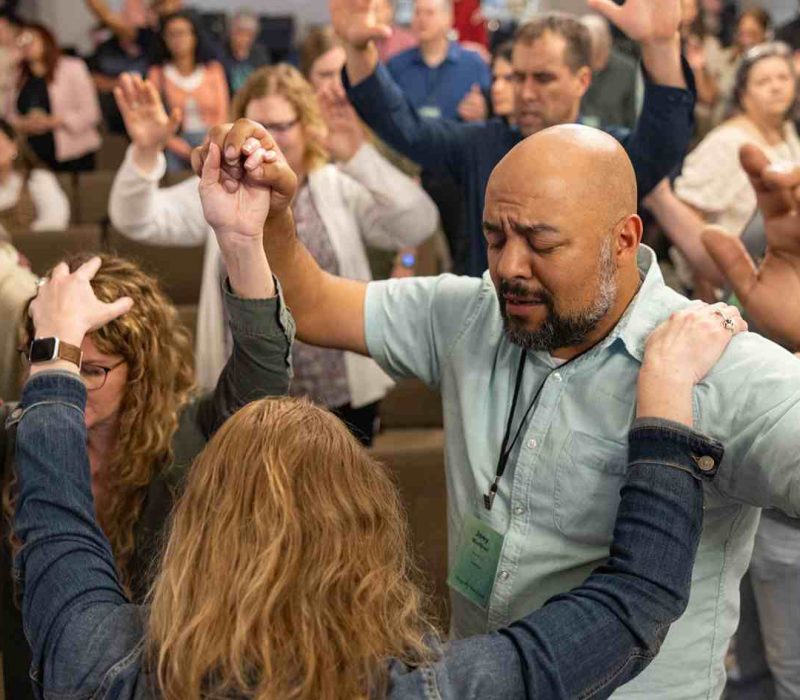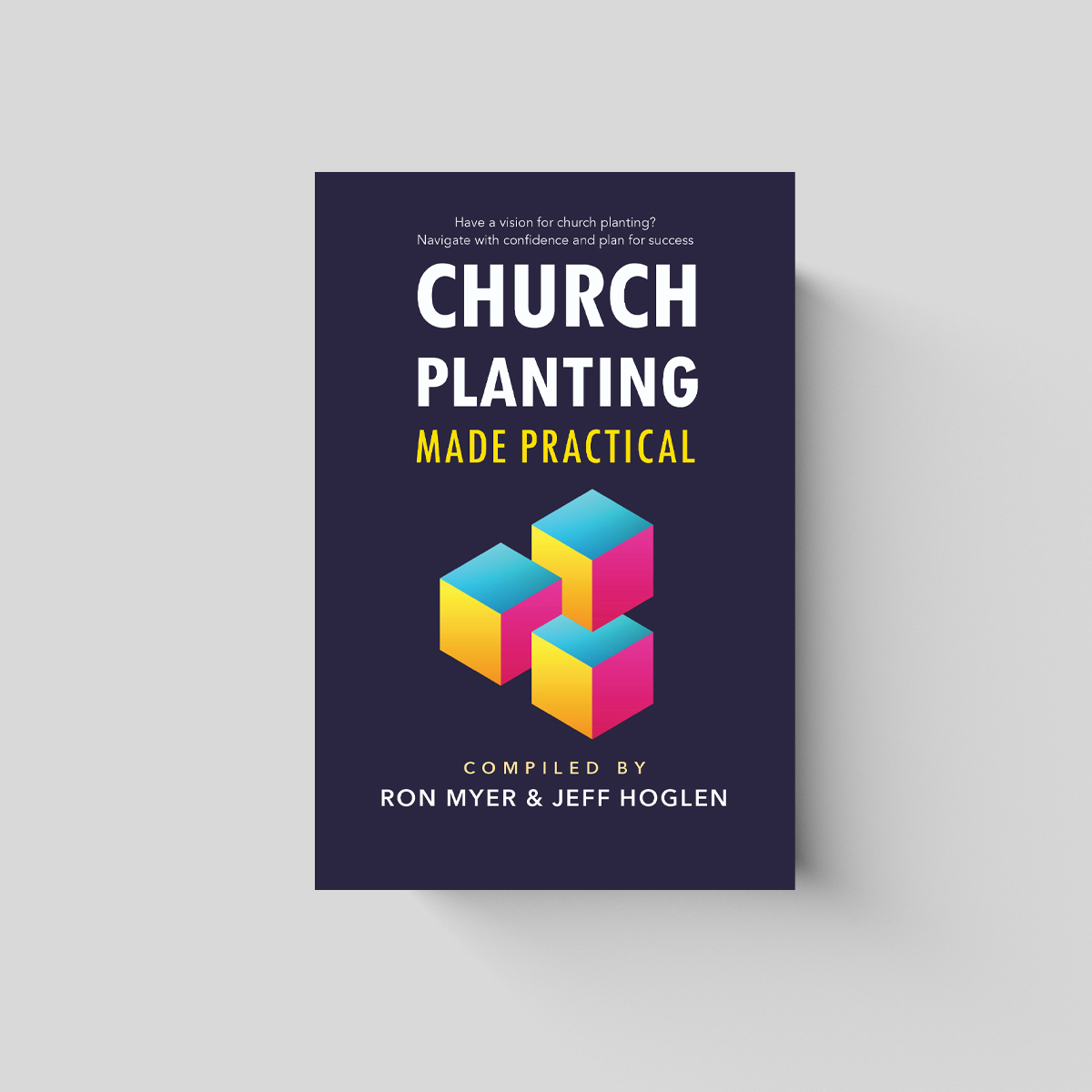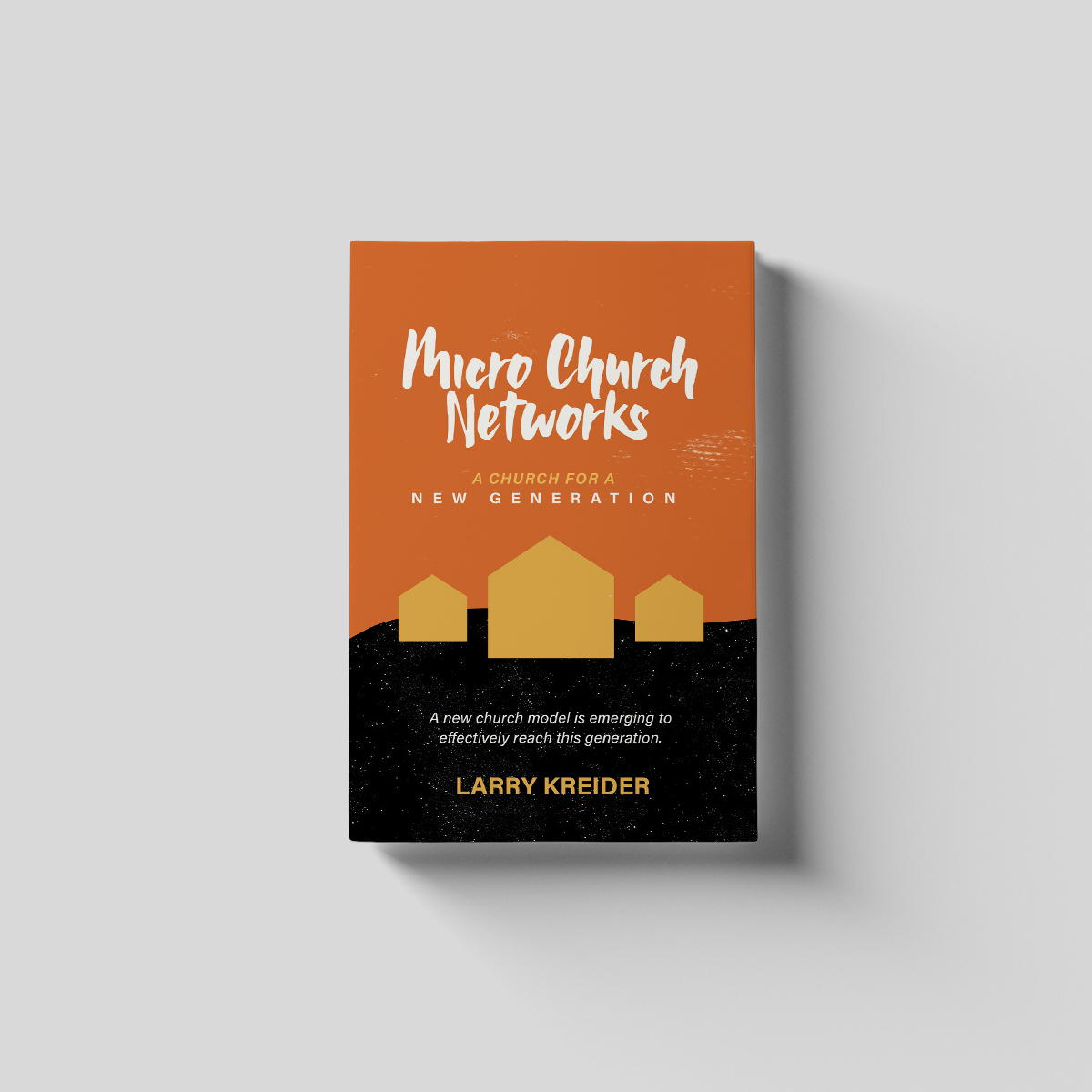Church Planting
God uses ordinary people who trust in an extraordinary God as spiritual fathers and mothers who plant new churches in their communities. Whether you're called to start a community church, join a megachurch, or launch a micro church, we're here to help you reach your community with the Gospel.
Don't we have enough churches?
Some claim we do not need new churches because we already have enough in our communities. This is simply not true. We desperately need new churches. In fact, planting new ones is the most effective way for people to come to faith in Christ.
We desire to help finish the task Jesus started. When Jesus ascended into heaven, He left a spiritual family of 120 believers in an upper room. This spiritual family was the first church. A few weeks later, hundreds of churches were started in homes all over Jerusalem. Within a few years, churches were planted all over the known world. When we plant new churches, we continue what Jesus started. God uses ordinary people who trust in an extraordinary God as spiritual fathers and mothers who plant new churches in their communities. Through their obedience, many come to faith in Christ.
The Lord is using many different types of structures to build His church. The DOVE International family embraces three types of churches: the community church, the mega-church, and the micro or house church.
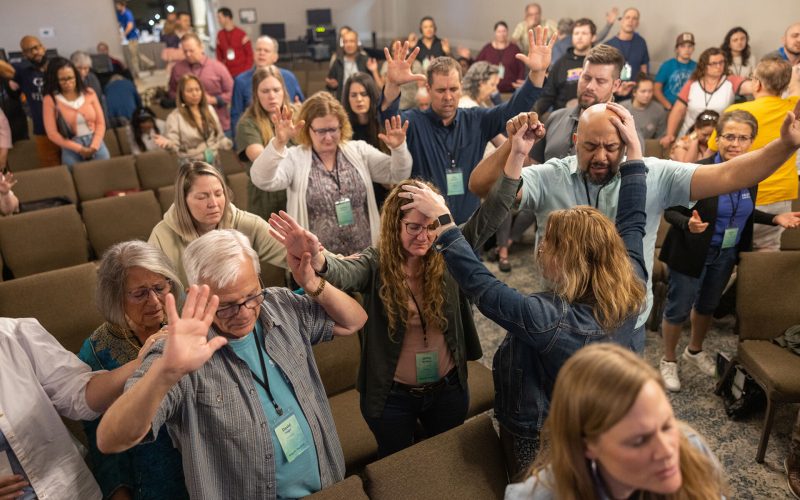
The community church
In many communities around the world, we can find “community churches” which likely meet in a church facility each Sunday morning and hold various meetings at the church building throughout the week. There are many styles and flavors of community churches. Although community churches range in size, they all reach a clear target area: the local populace. In many cases, those that attend and those they reach live in the general geographical area. Proximity and ease of access are a big part of the nature of the community church.

The megachurch
A megachurch is usually defined as one that has regular weekly attendance of at least two thousand people. Megachurches are growing rapidly. It is not unusual for people to drive for an hour or an hour and a half to attend worship services at a megachurch. Megachurches have much to offer. There are ministries for every member of the family, programs for those with addictions, Bible schools, concerts, youth ministries, singles’ ministries; almost anything is available. However, unlike the community church where you may know nearly everyone, at a megachurch you probably know only a few people. Yet, members appreciate a megachurch since everything is easily accessible in one location.
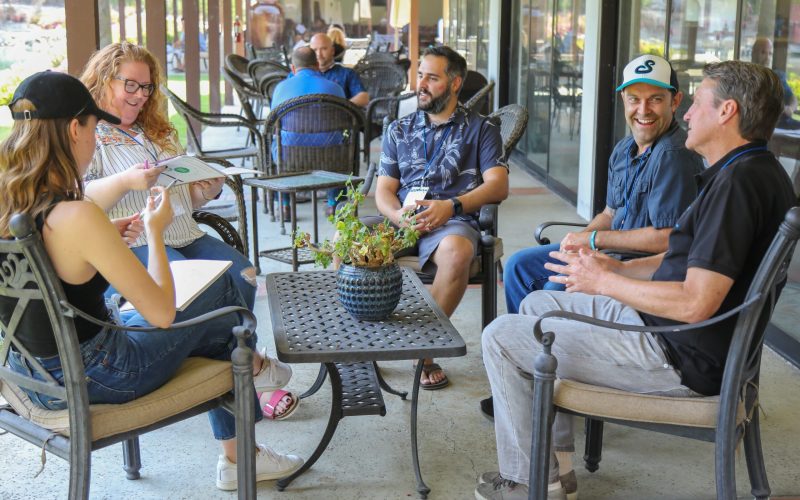
The micro church
Micro church networks are growing around the world. They coexist and network with other more traditional community churches and megachurches of our communities meeting in church buildings every Sunday. We can draw an analogy between micro church networks and the stores in a shopping mall. If the average store found in a shopping mall was taken out of the mall to stand on its own, it would die within a year. The normal store in a shopping mall needs the others to survive. Each specialized store flourishes together within the cluster of the others yet is fully a store in its own right. Similarly, micro churches are individual and specialized, yet they flourish when they network together with other micro churches.
God has many models for His church, and different believers have different preferences. God will use and bless all three forms of church—the community churches, the megachurches, and the micro church networks. We believe the Lord is giving us an invitation to join Him to plant hundreds of new churches throughout the world.
The vigorous, continual planting of new congregations is the single most crucial strategy for the numerical growth of the Body of Christ in any city
Tim Keller, Redeemer Presbyterian Church, New York
Church Planting Resources
Equip yourself with proven tools, inspiring stories, and practical training to successfully plant and grow thriving churches. These resources has been developed by experienced church planters and tested in communities around the world.
Articles & Stories
Get inspired and learn from real experiences of church planters who have walked this journey before you. These authentic stories and practical articles provide wisdom, encouragement, and lessons learned from the field.
Demographic & Vision Tools
Lay a strong foundation for your church plant with our comprehensive demographic research and vision development tools. These resources help you understand your community and clarify God's calling for your church.
FREE Resources
Access a library of free resources, guides, and practical tools through the DOVE USA website. These materials cover every aspect of church planting from initial vision to long-term sustainability.
Discovery Bible Studies
Bible studies that take people on a journey from not knowing God to falling deeply in love with Jesus. This proven method has been used worldwide to start churches and transform communities.
Boot Camp
Join us for intensive, hands-on training as part of the DOVE Global Leadership & Ministry School. This focused weekend equips you with practical skills, connects you with fellow church planters, and provides ongoing mentorship opportunities.
Whether you’re just exploring the call to church planting or ready to launch your new church, these resources provide the foundation, encouragement, and practical tools you need for success. Remember, you’re not alone in this journey—our global community of church planters is here to support you.
Stay Connected with DOVE
Join our community and be the first to access new resources, training opportunities, and inspiring stories from around the world.
"*" indicates required fields
